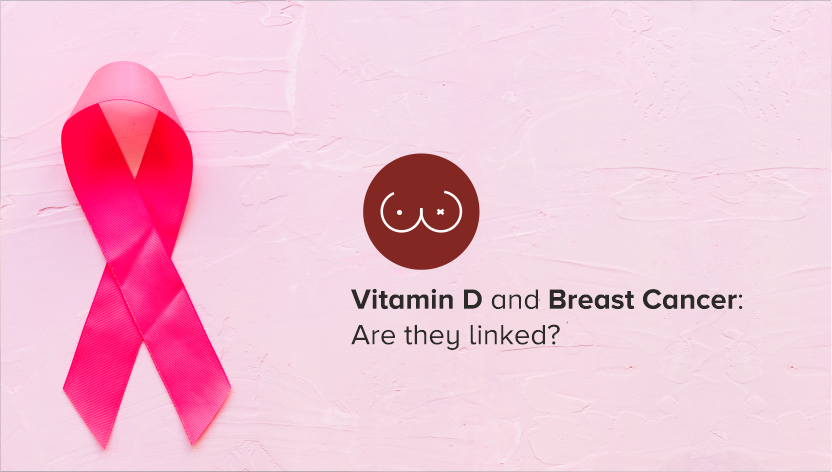For years, vitamin D has been lauded for its role in bone health and immune function. But recent research suggests that this vital nutrient may also have a significant impact on breast cancer risk. At first glance, it might seem surprising that a simple vitamin could influence such a complex disease. However, the potential link between vitamin D and breast cancer is a topic of growing interest among scientists and healthcare professionals alike.
